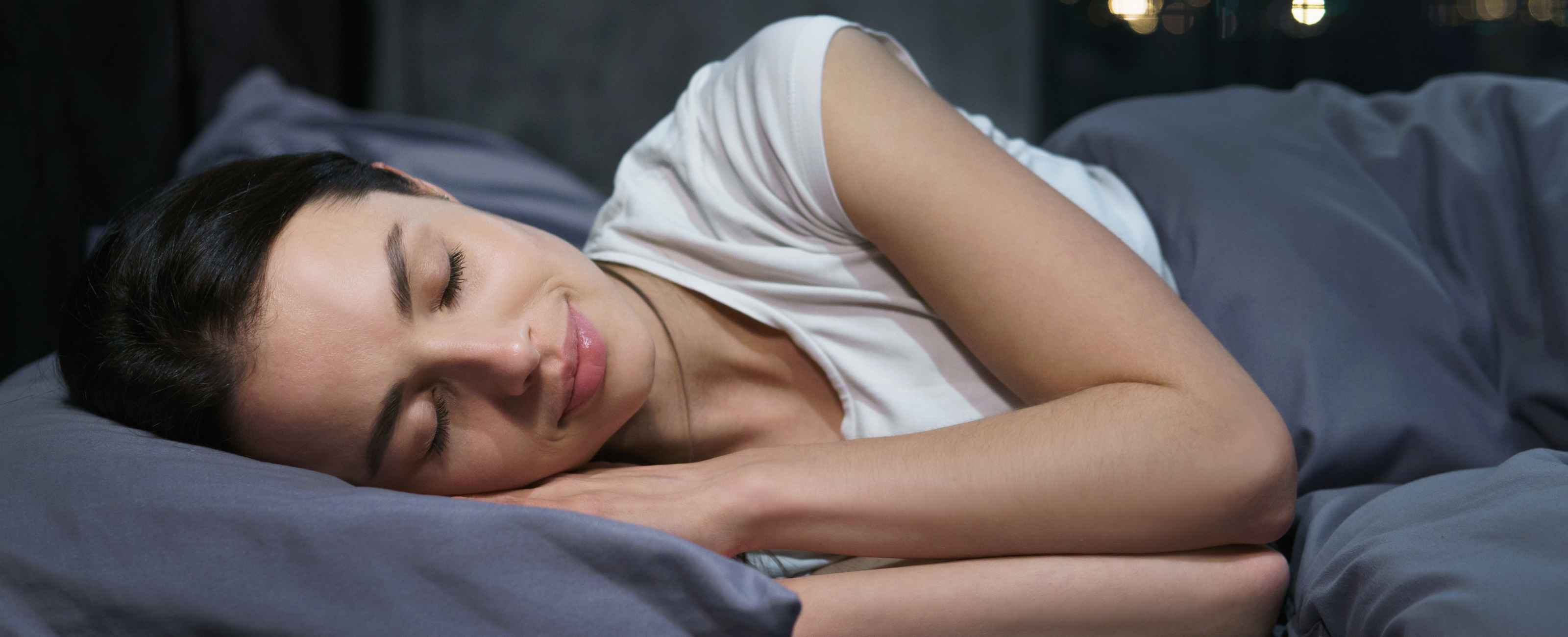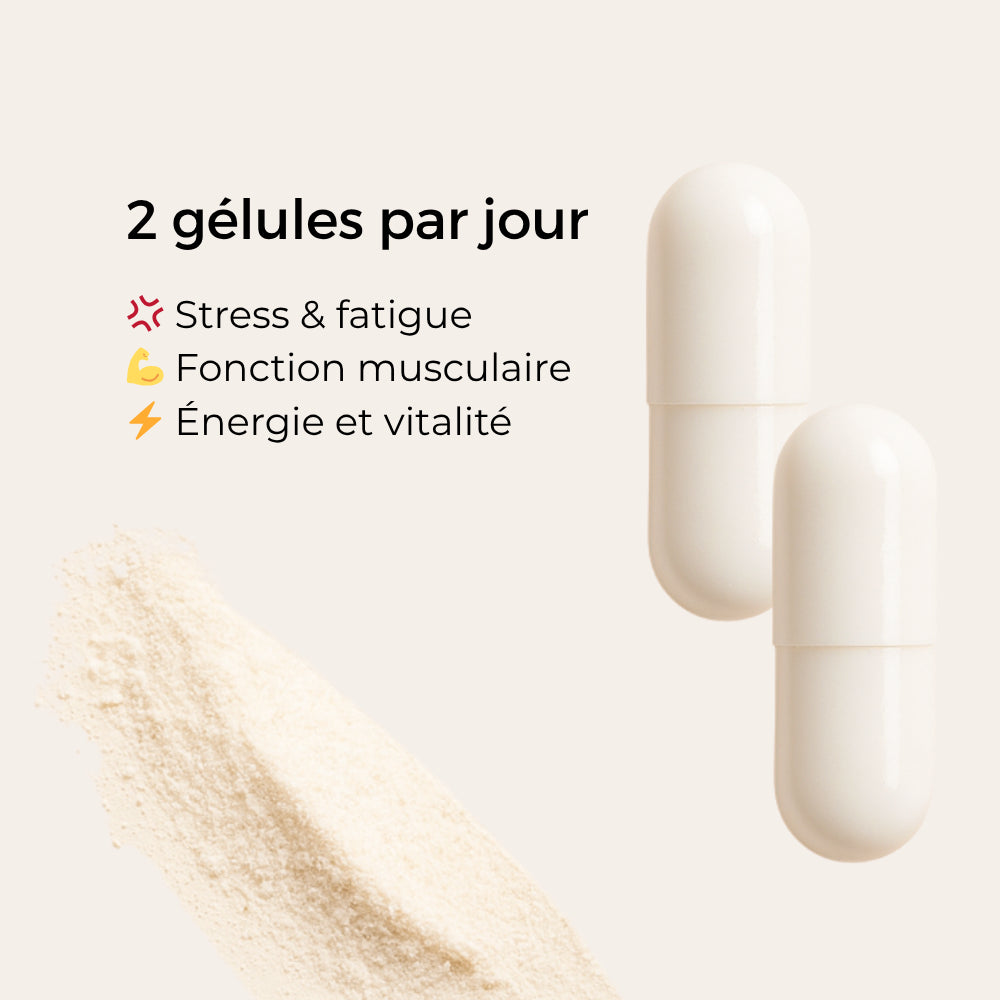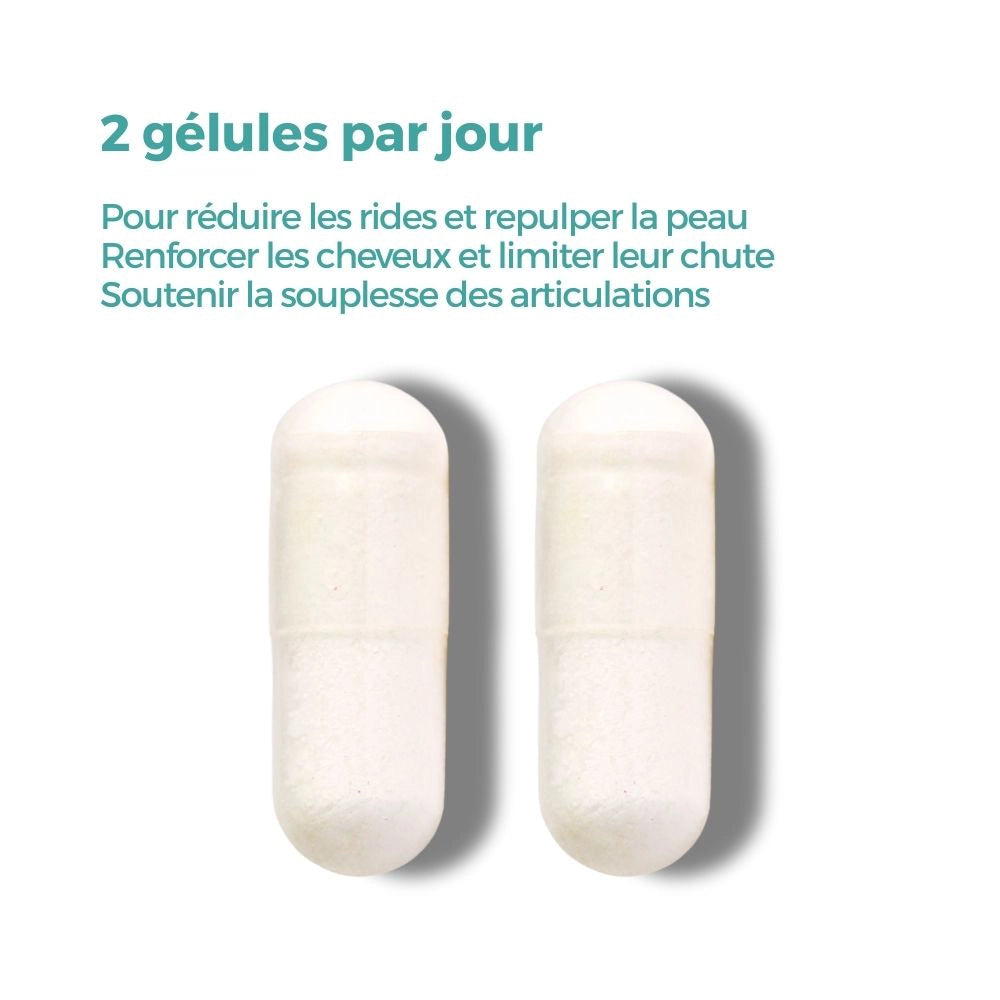
What are the different phases of sleep?
Sleep is a biological function essential to our physical, mental and emotional health. Much more than a simple moment of rest, it is a period when our body and brain carry out a complex work of recovery and regeneration. This process, orchestrated by sleep cycles, is broken down into several phases, each having a key role.
In this article, let's dive into the mechanisms of sleep to better understand its phases, its importance, and its effects on our well-being.
Why is sleep so important?
An essential role for overall health
While we sleep, our body gets to work:
-
Cellular regeneration : Tissues repair themselves and cells regenerate.
-
Hormonal secretions : The production of growth hormone is stimulated, especially in children.
-
Memorization : Information acquired during the day is sorted and consolidated in memory.
Sleep also helps regulate mood, manage stress, and maintain metabolic balance.
How does our sleep work?
Sleep is governed by an internal clock located in the hypothalamus, which regulates circadian rhythms. These rhythms determine when we need to sleep and when we need to be awake. However, they can be influenced by external factors, such as:
-
Exposure to light,
-
Sleep habits,
-
Stress or physical activity.
Sleep cycles
A night's sleep consists of 3 to 6 cycles, each lasting about 90 minutes. These cycles repeat throughout the night and are subdivided into three main phases: light sleep , deep sleep , and REM sleep .

The different phases of sleep
1. Light sleep: the transition to rest
Light sleep marks the beginning of each cycle and constitutes 40–60% of total sleep time.
-
Features :
-
The heart rate slows down.
-
Breathing becomes regular.
-
The muscles begin to relax, although it is still possible to feel some jerks.
-
-
Role : To prepare the body and mind for deeper phases.
During this phase, a person may wake up easily due to noises or movements around them.
2. Deep sleep: the heart of recovery
This phase is crucial for physical and mental regeneration. It is mainly concentrated in the first part of the night and represents 20 to 25% of total sleep time.
-
Features :
-
The body reaches a state of maximum relaxation.
-
Brain activity slows down significantly, showing delta waves on electroencephalograms.
-
-
Role :
-
Repair tissues and strengthen the immune system.
-
Provide a feeling of rest upon waking.
-
During deep sleep, it is difficult to wake a person. However, this is also when they are likely to experience episodes of sleepwalking or sleep talking.
3. REM sleep: the realm of dreams
REM sleep, which represents about 20% of sleep time, occurs at the end of the cycle. Contrary to its name, this phase is very active on the cerebral level.
-
Features :
-
The eyes move rapidly under the eyelids (rapid eye movements or REM).
-
Breathing and heart rate become irregular.
-
Muscles are paralyzed to prevent movement during dreams.
-
-
Role :
-
Assimilate and process emotions.
-
Consolidate memory and learning.
-
Regulate mood and stimulate creativity.
-
It is during REM sleep that the most vivid dreams occur, often memorable upon waking.

The benefits of quality sleep
Quality sleep is based on three pillars:
-
Sufficient duration : The ideal duration depends on age:
-
Adults : 7 to 9 hours per night.
-
Children : 9 a.m. to 11 a.m.
-
Babies : 12 to 15 hours.
-
Adolescents : Usually around 8-10 hours, due to their hormonal and brain development.
-
-
Regularity : Going to bed and waking up at regular times promotes a stable circadian rhythm.
-
Too frequent variations between bedtimes can lead to hormonal imbalance and affect overall sleep quality.
-
-
Quality : Deep, uninterrupted sleep is essential for recovery.
-
Avoiding nighttime interruptions is key to allowing the body to naturally go through all phases of the cycle.
-
The risks of lack of sleep
Insufficient or poor quality sleep can lead to:
-
Persistent fatigue and daytime sleepiness,
-
Attention and memory disorders,
-
Irritability and mood disorders,
-
Increased risks of cardiovascular disease, diabetes and obesity.
-
Reduced ability to cope with stress and increased vulnerability to anxiety.
In children, lack of sleep can slow their growth and affect their cognitive development. It can also disrupt their ability to regulate their emotions, impacting their social and academic behavior.
Optimizing your sleep
To take full advantage of the benefits of sleep and ensure complete and restorative cycles:
-
Adopt a regular routine : Go to bed and get up at set times.
-
Avoid screens before bed : Blue light from screens disrupts the production of melatonin, the sleep hormone.
-
Create a conducive environment : A dark, quiet and cool bedroom promotes sleep.
-
Favor natural solutions : Melatonin, plants such as valerian, poppy or passionflower, as well as essential oils of lavender or sweet orange, can help you get a restful sleep.
The Délicure “Sleep” food supplement to help you sleep better
These quality gummies have excellent consumer reviews , they are made from plants (linden, passionflower and poppy) and contain melatonin (sleep hormone) as well as vitamins. It is recommended to take two gummies 30 minutes before bedtime to relax, make it easier to fall asleep and avoid waking up at night.

Délicure CBD sleep oil to combat sleep disorders
Délicure also offers a CBD sleep oil specially designed to improve the quality of sleep. It containsCBN and CBD, two phytocannabinoids appreciated by their consumers for their soothing effects. In addition to these, the composition also includes orange blossom essential oil, known for its relaxing properties. As with the Sleep gummies, it is recommended to take a few drops of oil thirty minutes before bedtime.
Other recommendations for optimizing your sleep
To get a good night's sleep and ensure quality sleep , you need to get rid of these bad habits: drinking coffee or tea in the afternoon, doing sports in the evening, eating too much, sleeping in a room that is too hot, or spending too much time on screens before bed because they emit bad vibes. You also need to put yourself in a position to sleep by relieving the stress of the day .
Finally, it is recommended to do a quiet activity before going to sleep. For a baby or a child aged between 3 and 10 years old, an awakening activity is ideal to prepare for sleep (reading a book, doing a puzzle or for the little ones learning colors, days and letters…).
For adults or teenagers, brain games (chess, puzzles, checkers, etc.), reading or listening to audio books, listening to soothing music, massaging yourself with essential oils , or keeping a journal about the day are recommended.
Relaxing as a family is also recommended to help you fall asleep and have a good night's sleep.
--


























